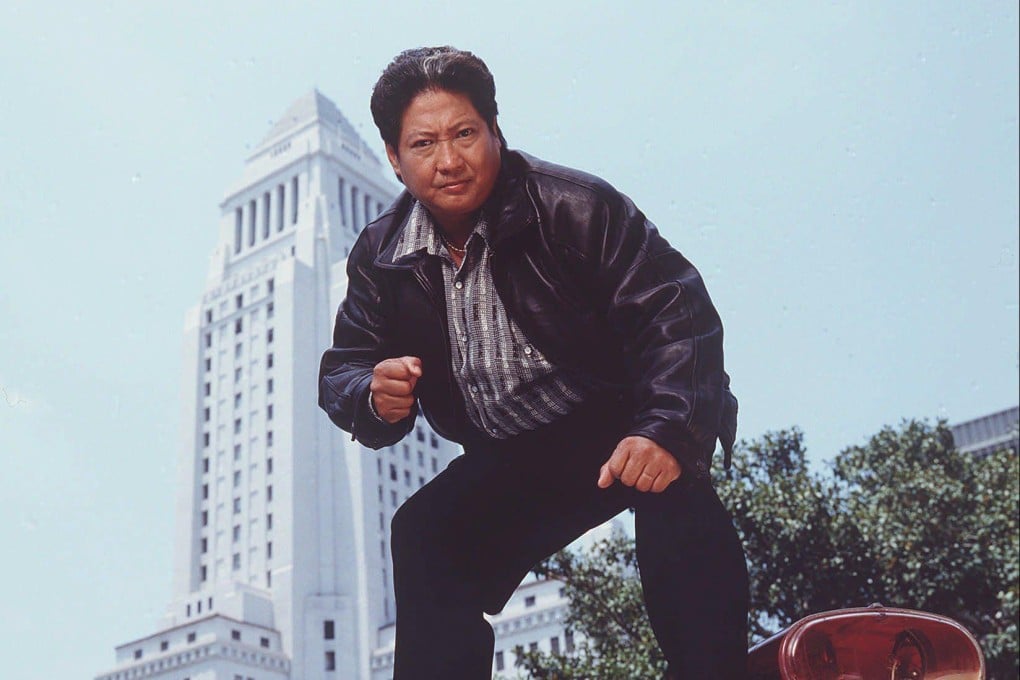How CBS’ Martial Law brought martial arts star Sammo Hung out of acting retirement and into Hollywood
- Sammo Hung Kam-bo became one of the most well-known Hong Kong performers in the US in the late ’90s thanks to the success of martial arts show Martial Law
- One of the main factors behind the CBS show’s success was the quality of the fight scenes, choreographed by teams specially brought over from Hong Kong

Sammo Hung Kam-bo, like many Hong Kong stars and filmmakers in the late 1990s, wanted a career in Hollywood. He moved to Los Angeles looking for directing work, and had not considered acting in the United States because he could not speak English fluently.
The series ran for two seasons and 44 episodes between 1998 and 2000, and averaged between 10 and 11 million viewers in a popular 9pm Saturday slot. Hung’s character, Sammo Law, was so popular he made a guest appearance in two other CBS shows, Early Edition and Walker, Texas Ranger (where Hung co-starred with American martial artist Chuck Norris). Even today, Martial Law still has fans.
Even more unusual, according to the show’s co-creator Carlton Cuse, was the fact that the fight scenes were put together by a Hong Kong editor skilled in cutting together martial arts performances.